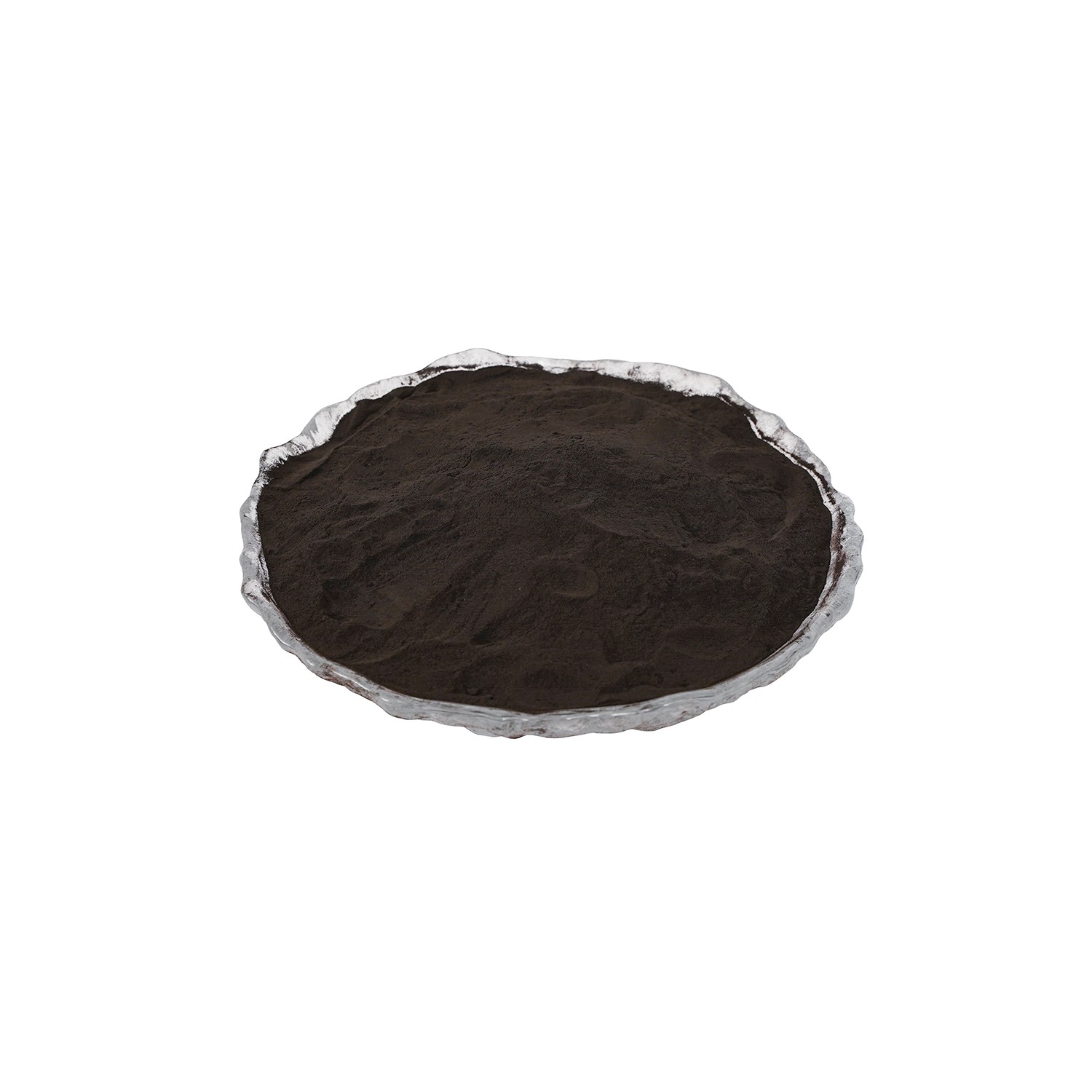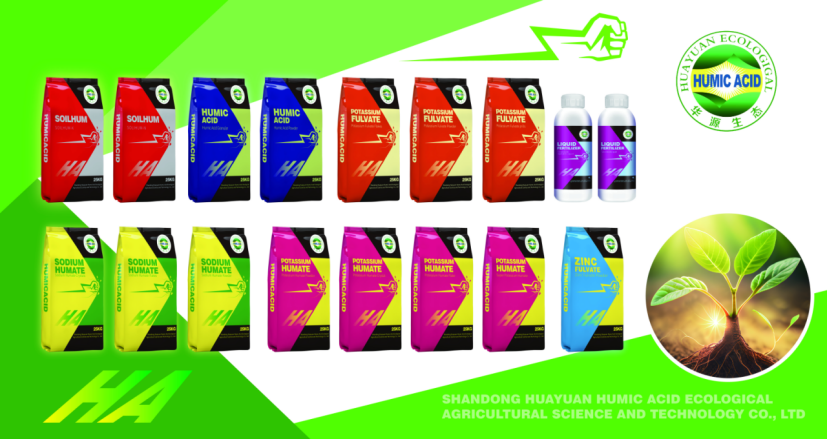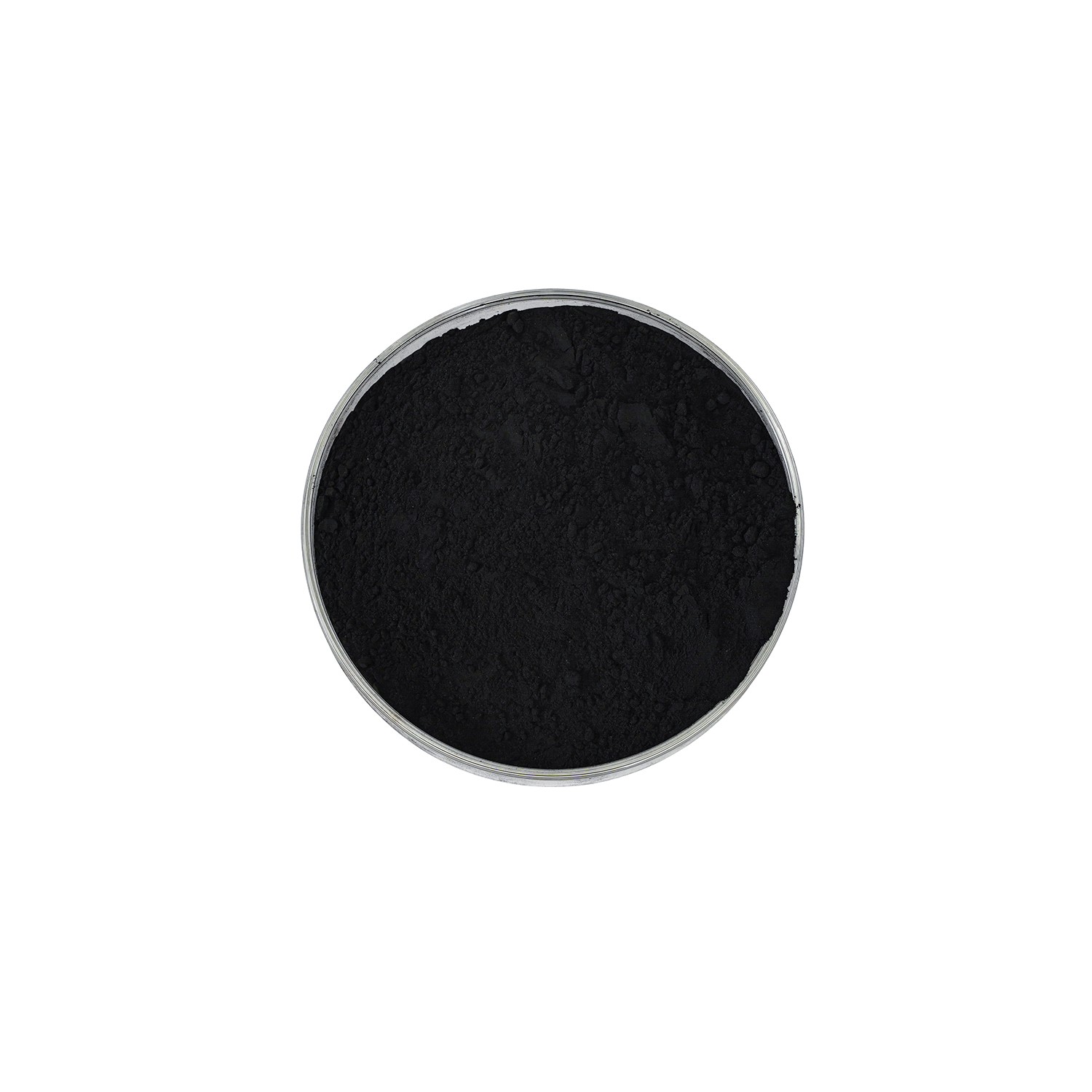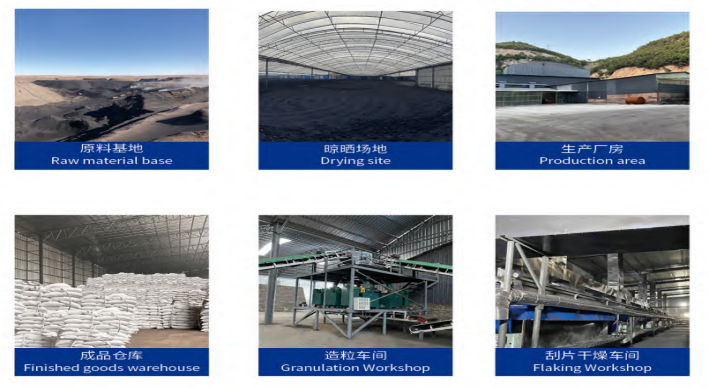Fertiliser For Water Plants
Advantages:
1.Enhanced Nutrient Absorption
2.Soil Health Improvement
3.Stress Resistance
4.PH Balancing
5.Increased Crop Yield
6.Reduced Chemical Fertilizer Use
INTRODUCTION
The main raw materials of the mineral humic acid plant fertilizers we produce come from the weathered coal mines in Fukang, Xinjiang. This mining area covers an area of 2.43 square kilometers and has rich and high-quality humic acid resources. The humic acid content in this mining area exceeds 70%, and the exploitable reserves exceed 15 million tons. These data have been professionally verified by well-known institutions to ensure their quality and reliability. The humic acid extracted from this mining area is not only high in content, but also has an amazing cation exchange capacity of up to 400-450 meq/100g. This property makes it an ideal raw material for the production of various humic acid products. Our granular fertilizers are based on organic-rich materials such as lignite, weathered coal and peat, and are carefully processed. These materials give the fertilizers a natural soil enhancement function, which can effectively improve soil fertility and promote healthy plant growth. By using this high-quality humic acid fertilizer, not only can the soil structure be improved, but also the crop yield and quality can be significantly increased, meeting the needs of modern agriculture for efficient and environmentally friendly fertilizers.
PRODUCTS SPECIFICATION:
Appearance | Powder/Granular |
Humic acid content (as dry basis) | 40%-70% min |
Organic matter (as dry basis) | 85% min |
PH value | 4-6 |
Moisture | 30% max |
Products Picture:

Benefits of Humic Acid Granular/Powder
1.Humic acid helps improve the soil structure, which in turn enhances the ability of plants to absorb essential nutrients. It acts as a natural chelating agent, making nutrients more available to plants.
2.Humic acid can help restore and maintain soil health by increasing soil organic matter content. This leads to better soil aeration, water retention, and microbial activity.
3.Plants treated with humic acid are often more resistant to environmental stresses such as drought, extreme temperatures, and soil salinity. This is due to the improved root development and overall plant vigor.
4.Humic acid can help balance soil pH levels, making it more suitable for a wide range of crops. It can buffer both acidic and alkaline soils, creating a more stable environment for plant growth.
5.Studies have shown that the use of humic acid can lead to increased crop yields. This is attributed to its ability to enhance nutrient uptake and improve soil conditions.
6.Humic acid can reduce the need for chemical fertilizers, which can be costly and harmful to the environment. By improving nutrient efficiency, it helps in achieving better results with less synthetic input.

USAGE:
In the field of agriculture, humic acid is extensively utilized as a soil amendment and is available in multiple forms, such as granules, powder, and liquid. It is commonly mixed with fertilizers to enhance their performance and minimize nutrient loss due to leaching. Humic acid improves soil structure and water retention, while also increasing the availability and absorption of nutrients by plant roots.

PACKAGE & STORAGE
Sold in packaging sizes of 1kg, 5kg, 10 kg, 20kg, 25 kg, or metric tons, with the option for personalized packaging choices. It is recommended to store the products in a cool, dry, and well-ventilated area.
Bag 1kg/5kg/10kg/20 kg/25kg Tons Big










